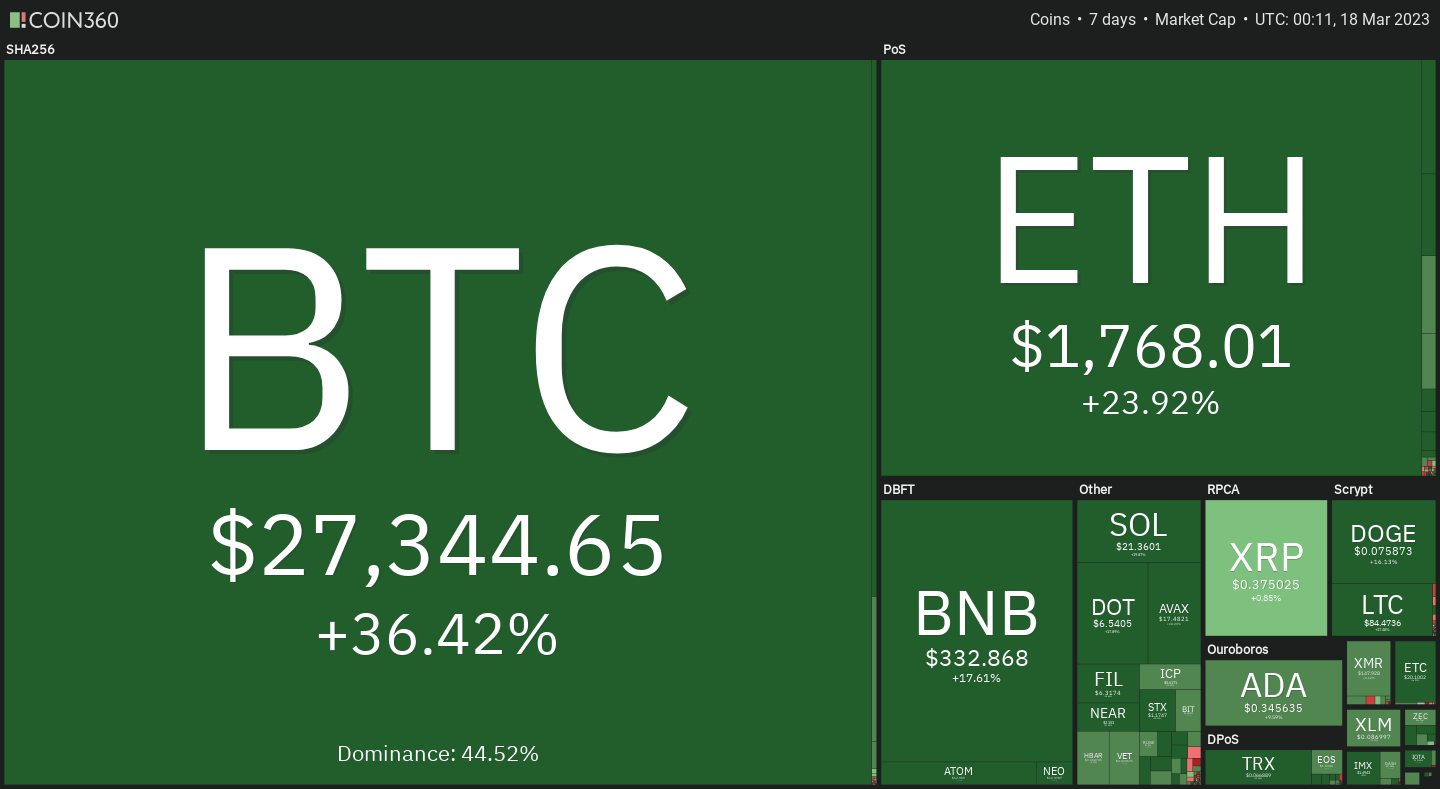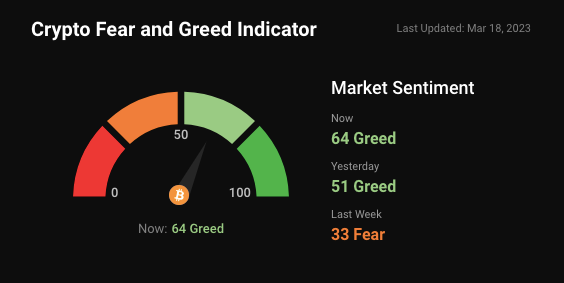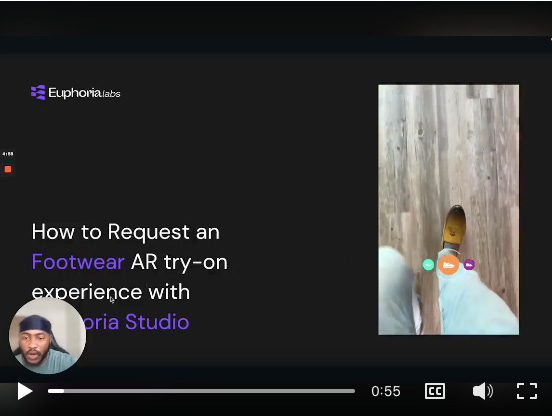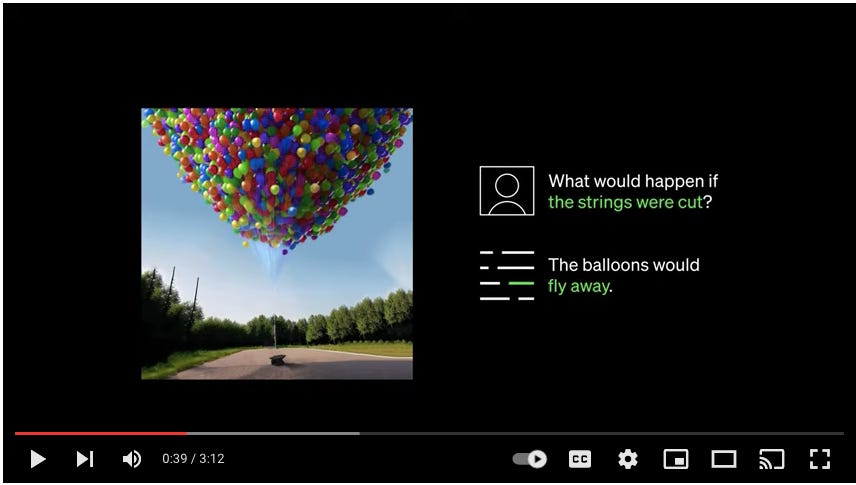📔 Weekly Journal: Out of Africa 🌍
[7 min read] In your inbox every Saturday afternoon, a perfect start to your weekend. Learn how and why the emerging tech space in Africa is taking off, and some examples of what is being achieved
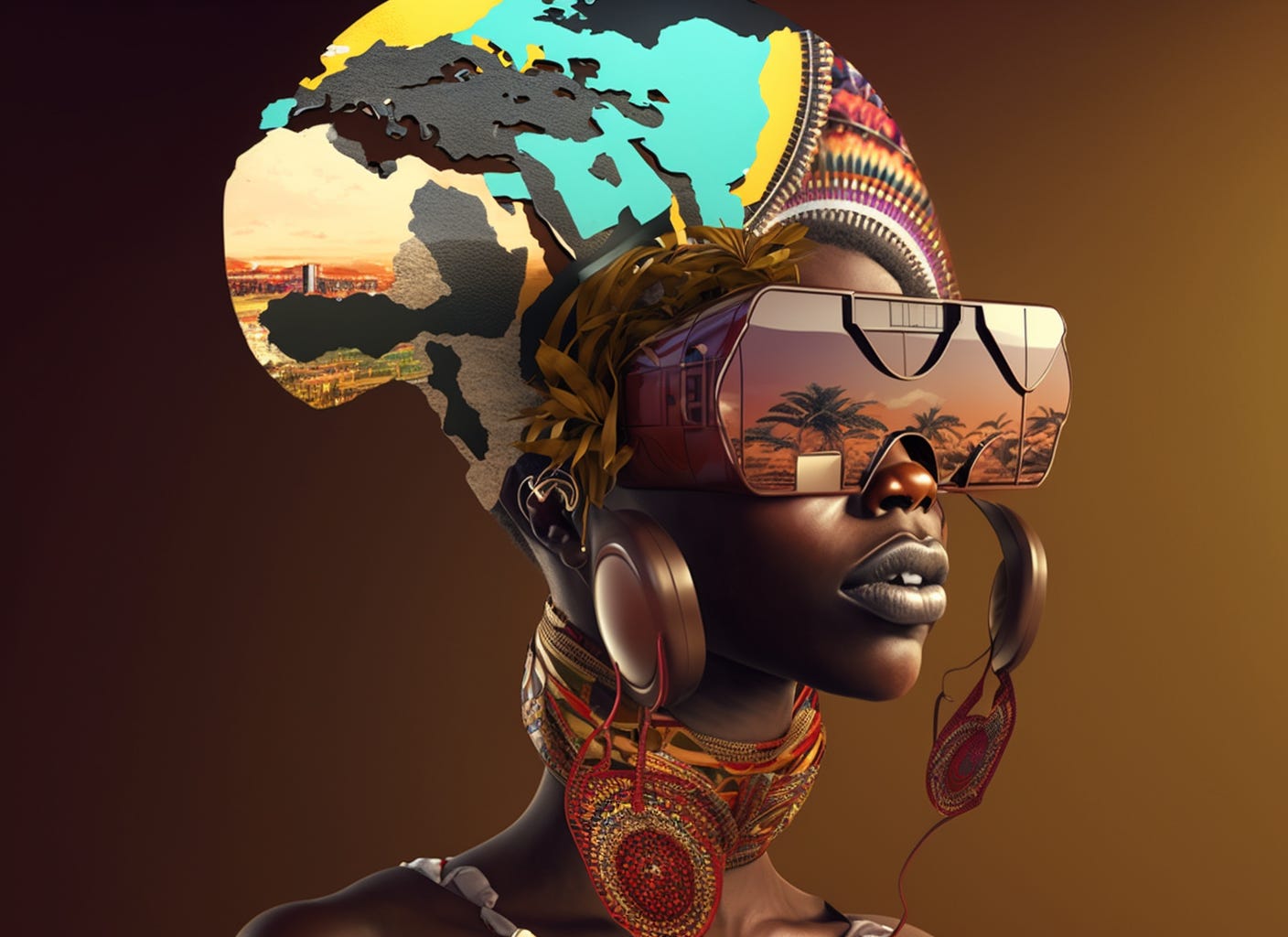
This week’s Weekly Journal 📔 showcases the cradle of humanity, Africa. I have been fortunate to have connected with many African innovators in my recent work, and I just had to share what they are achieving.
New subscribers are encouraged to check out the history & purpose of this newsletter as well as the archive.
Enjoy your weekend! 😎
Ryan
Here’s what you’re getting today:
Market update: Crypto surges with BTC posting its best week since January (+35%. )
Interesting news: I showcase some exciting projects and news from Africa
Video of the week: 3 minutes of GPT4 blowing your mind.
This week’s AI creation: 3 examples of how GPT4 is already being put to use.
Market update 📈
📈 The crypto market has regained the loss from the last two weeks (and then some) Bitcoin has regained almost all of its 2022 losses and posted its best week since January 2021, rising 35+% 🤯.
🏦 The Federal Reserve announced that cash-short banks borrowed around $300 billion in the past week, with $143 billion going to holding companies for two major banks, Silicon Valley Bank and Signature Bank, that recently failed (The Fed did not identify the other banks that received the remaining $157 billion). There was a collective sigh of relief due to reassurances of the government's rescue ensuring the stability of the financial system and the tech startup world that relied on these banks. While some experts have criticized the rescue as a bailout, others argue that it was necessary to prevent a broader crisis and that taxpayers are not on the hook for any losses.
🦘National Australia Bank is testing cross-border foreign exchange transfers using its own stablecoin, the AUDN, and the Ethereum blockchain. The transfers will be sent to the bank's subsidiaries in several countries and will be faster and cheaper than the current SWIFT system. NAB intends to offer the AUDN to corporate and institutional clients by the end of the year, and the stablecoin is fully backed by Australian dollars. It is beating Australia’s CBDC to market, which is still in the testing stages.
🗺️ Crypto Market Heatmap shows a massive rebound this week with the above news (size of the blocks are market share, colour & % show the change over the last week)
🤔 Sentiment levels, which are reflective of our human emotional (over)reaction to market news, are back in the greed zone given the positive price action.
Interesting news from the week - Africa Special 🌍
Africa is making strides in the emerging technology scene, with countries like Nigeria, Kenya, and South Africa leading the way. Blockchain, fintech, and AI are among the technologies being embraced, and the continent is home to a growing number of tech startups empowered by a world where borders matter less to business than ever before. This week’s special will showcase some exciting projects and news from the region:
🇰🇪 My World Metaverse Council colleague Brian Njenga is the Creative Director of Team Two Interactive, based in Nairobi. Their amazing work is the ultimate use case for VR in education and cultural preservation. His team has been digitalising Kenyan artefacts from overseas museums and using the digital artefacts inside Virtual Reality experiences for people to enjoy worldwide. Soon they will be doing the same for archaeological ruins, allowing the virtual spaces to be used as meeting spaces in the emerging Metaverse.

🇳🇬 Euphoria Labs in Nigeria create virtual try-on experiences and AR wearables for digital and physical fashion. Derrick Ikenga is the Founder & Experience Director and is able to quickly enable a brands customers to “try on” footwear, clothing or accessories using their smartphone camera and Augmented Reality. Amazing stuff.
Decentralised currencies, such as Bitcoin, can help emerging nations escape the IMF's debt control by providing a decentralized alternative to traditional financial systems. It offers financial freedom and independence from centralized authorities, allowing countries to bypass restrictions imposed by international organizations. Digital assets can also provide a means of financial inclusion for unbanked individuals, the World Bank estimates that up to 65% of adults in sub-Saharan Africa are unbanked, although many of these have mobile phones. Here are 3 news stories showing the progress happening in this space:
🇬🇭 Cross Switch Ghana LTD has received approval from the Bank of Ghana to operate as an Enhanced Payment Service Provider (EPSP). With this approval, Cross Switch Ghana is set to digitize merchant payments, collections, and disbursements for e-commerce, remittances and financial inclusion. Cross Switch International, a pan-African focused fintech with extensive knowledge and experience managing payment systems across emerging markets, is expanding its operations across Africa, with a focus on Western Africa.
🇳🇬 In a move towards positive crypto regulation, the Central Bank of Nigeria has released operational guidelines for open banking. The guidelines require the creation of an Open Banking Registry and a Consent Management framework, which mandate customer consent for data access. The move aims to improve access to financial services, foster innovation and competition, and promote the building of customer-focused products and services. This step towards regulatory clarity will provide a boost to the Nigerian crypto industry and encourage the development of new financial products and services.
🇰🇪 Fingo Africa, a neobank aimed at Africa's 500 million youth, has secured regulatory approval to roll out operations in Kenya. Fingo aims to make transferring money 90% cheaper than current fees of 5-15%, while also offering a full range of financial services online in under 4 minutes. Partnered with Ecobank, Fingo aims to compete with traditional and digital banks, including Kenyan digital payment platform MPESA.
Video of the week 🎥
The biggest news of the last week in the emerging tech space was that OpenAI has launched GPT-4, an updated version of its language model that can handle massive text inputs and remember more than 20,000 words at once, making it capable of taking an entire novella as a prompt. The new model can also accept images as inputs, allowing users to ask questions about pictures. GPT4 will be integrated into many Microsoft products, including Bing search (Google is scared) and the Office 365 suite.
Here is a 3min video with plenty of “wow” moments:
This week’s AI creation 🎨🤖🎵
Each week I showcase something amazing generated by an AI-based tool. AI is disruptive, challenging industries and driving innovation. My vision of the emerging Metaverse predicts the use of many AI tools to enhance how we work, learn, play and socialise.
This week I will showcase some things other companies are achieving with GPT-4, which has advanced reasoning capabilities and broader general knowledge, making it more accurate in solving difficult problems. It is also more creative and collaborative, able to generate and edit content with users. GPT-4 is safer and more aligned, with improved behavior and factual responses. It was trained with more human feedback and applied real-world lessons. GPT-4 has been used in collaborations with organizations like:
Duolingo, the language learning app used by over 50 million learners, has turned to OpenAI's GPT-4 to add conversation practice and contextual feedback to its services. The AI-powered features are part of a new subscription tier called Duolingo Max and use Role Play, an AI conversation partner, and Explain my Answer to provide grammar rules when learners make mistakes. Duolingo's aim was to create AI-powered features that were integrated into the app and leveraged the gamified aspect of its platform.
Be My Eyes, a Danish startup that connects visually-impaired individuals with volunteers for daily tasks, has developed a virtual assistant using the new visual input capability of GPT-4. This technology recognizes and identifies objects in images and can analyze their context and provide appropriate assistance. The company started beta-testing the GPT-backed assistant with a small group of employees, and the results have been positive. The GPT-4 powered Virtual Volunteer™ will provide a greater degree of independence for the blind and low vision community.
Icelandic, a language dear to Icelanders, is at risk of facing extinction due to the country's integration with the US and Europe. To preserve the language, Iceland has partnered with OpenAI to use GPT-4 in language preservation efforts. The partnership aims to create resources that can promote the preservation of other low-resource languages and prevent an "AI divide." However, GPT-4's training set is mostly in English and other major languages, making it difficult to produce clear and correct Icelandic translations.
Thats all for this week! If you have any organisations in mind that could benefit from learning about emerging technology, be sure to reach out. Educational workshops are one of many consulting services I offer.

